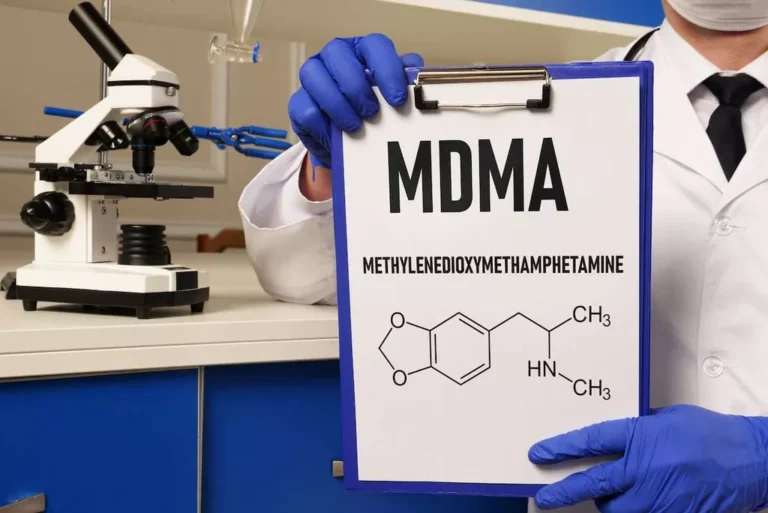Within 5 minutes, you’ll receive an email with these details – free of charge. Another common sign of high-functioning alcoholics is that they are able to separate their drinking from other parts of their life. Who they are when they’re at home, work, or with casual acquaintances is completely different from who they are when they’re in the routine of drinking. Despite saying they’re going to have “just one drink,” high-functioning alcoholics are unable to limit their alcohol consumption.
Their Behavior Changes Significantly While Drinking
Many high-functioning alcoholics have successful personal and professional lives while privately struggling with an alcohol use disorder. The main risk of high-functioning alcoholism is the potential for a worsening condition. Over time, you may struggle to maintain social and familial obligations and relationships. The most important step is to reach out for help from mental health or medical professionals in order to receive support in navigating this process. While the term “alcoholic” was used in the past but is now viewed as outdated and stigmatizing.
Comprehensive Treatment Strategies for High-Functioning Alcoholism

With high-functioning alcoholics, the negative consequences of their drinking may be obscured by their outward successes. In many cases, their addiction is taking a gradual toll, but because they have good jobs, perform the expected tasks of daily life, and avoid legal problems, the problematic effects are not yet observable. Functional alcoholics are thought to comprise up to 19% of the U.S. population of people with alcohol use disorder. Most started drinking in their late teens, but don’t become addicted to alcohol until they are in their late thirties. Most work full time and have stable relationships along with high earnings. People with high-functioning alcoholism tend to drink every other day and consume five or more drinks per sitting.
Social drinking
This is due to the potentially stigmatizing language around the word “alcoholic”, which may also prevent someone from seeking help and support. If you’re ready to seek treatment for alcoholism or would like to know more about your treatment options, American Addiction Centers (AAC) can help. AAC is the parent company functional alcoholic husband of Alcohol.org and is a nationwide provider of treatment facilities focused on providing hope and recovery for those in need. You may hear them called “functional” or “high-functioning” alcoholics. But those aren’t official medical terms. Family members may feel on edge and worried about their loved ones drinking.
- A high-functioning alcoholic may hide their alcohol abuse for years without suffering any major losses.
- In the short term, alcohol use increases the risk for alcohol poisoning, fetal alcohol syndrome, accidents, injuries, violence, and risky sexual behavior.
- These achievements often lead to an increase in personal denial as well as denial from colleagues and loved ones.
- Under the surface, this form of alcoholism can cause severe psychological and emotional damage to the alcoholic and also their loved ones..
- Keep that idea in mind while you approach the topic of alcohol abuse and addiction.
But they may put themselves or others in danger by drinking and driving, having risky sexual encounters, or blacking out, Benton says. For the functional alcoholic, the denial runs deep, because they have yet to encounter significant negative consequences. A “functional alcoholic” (or “high-functioning alcoholic”) isn’t a formal medical diagnosis, but a term used colloquially to describe a person who is dependent upon alcohol but can still function in society. The term “currently-functioning” may be used since it’s not likely they will remain functional (and not misuse alcohol) indefinitely.

They Experience Shame Over Their Behavior
Despite their seemingly successful exterior, high-functioning alcoholics can exhibit a range of signs and symptoms that hint at their struggle with alcohol use. These indicators span both physical and psychological domains and can manifest in various aspects of life. High-functioning alcoholism, a subset of alcohol use disorder (AUD), is characterized by individuals maintaining their professional and personal responsibilities while struggling with alcohol dependency. The prevalence of high-functioning alcoholism is not explicitly stated in most studies, as it often goes undetected due to the absence of apparent life dysfunction.

What are the signs and symptoms?
And any alcohol abuse raises the odds of domestic violence, child abuse and neglect, and fetal alcohol syndrome. In addition to the health effects of having an alcohol use disorder, it can also take a toll on relationships. Drinking doesn’t just affect the individual; it affects the entire family unit. A functional alcoholic often consumes as much alcohol as someone with an alcohol use disorder. Daily drinking can have serious consequences for a person’s health, both in the short- and long-term. Many of the effects of drinking every day can be reversed through early intervention.
Behavioral and Physical Symptoms
- They tend to drink heavily while at a party or bar, and when it comes time for last call, they quickly down their drink then run to the bar to order another.
- If they are open and willing, they might enter into an inpatient rehab and begin a new chapter in life.
- A “functional alcoholic” (or “high-functioning alcoholic”) isn’t a formal medical diagnosis, but a term used colloquially to describe a person who is dependent upon alcohol but can still function in society.
